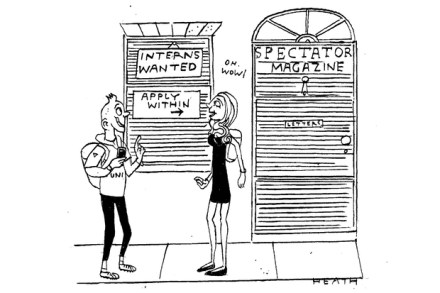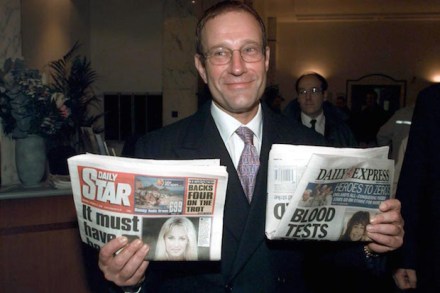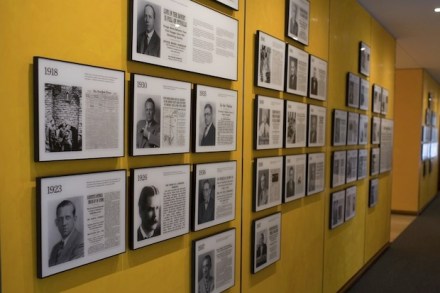Pursuing the perfect scoop
Paradise City, Elizabeth Day’s third novel, comes with an accompanying essay on The Pool — an online magazine for the Instagram, iPhone woman. Day, a feature writer for the Observer, discusses the novel’s male protagonist (you couldn’t call him hero) Sir Howard Pink, an East End Jewish boy turned rag-trade multimillionaire. Day urges women to stop being so self-effacing, people-pleasing, and permanently apologetic and instead to ‘Be More Howard’. ‘He sprung on to the page as unashamedly male and blessed with a defiant sense of his own entitlement,’ she writes. ‘He saw money, sex and power as his due. He took what he could, where he could get it and




















